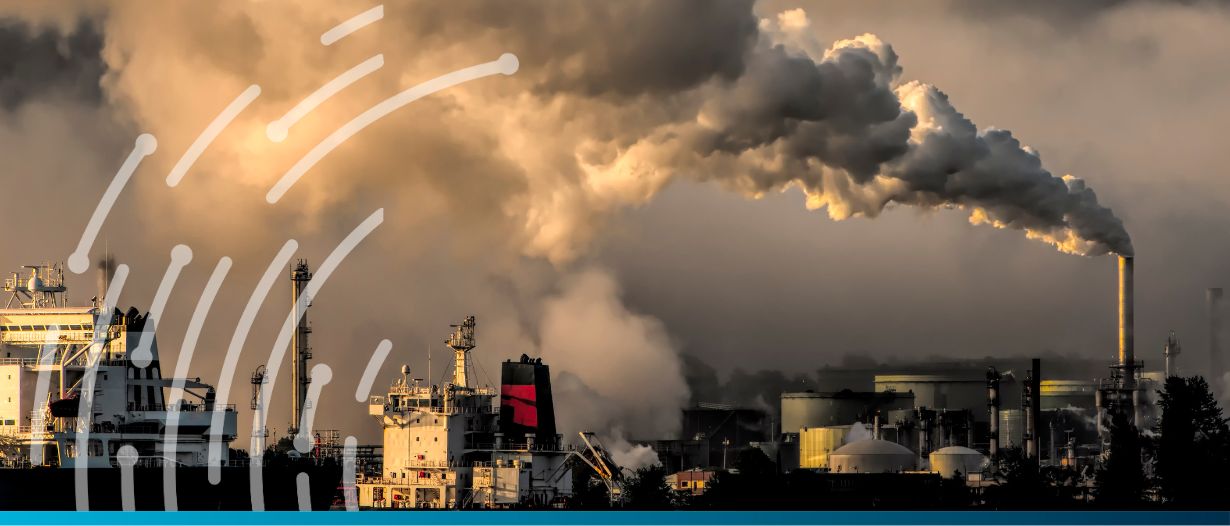Estimated reading time: 2 minutes
Britain announced on Monday its plan to introduce a new import carbon pricing system by 2027. This initiative will impose a levy on goods imported from countries with a lower or nonexistent carbon price, in an effort to support decarbonisation.
The government explained that the carbon border adjustment mechanism (CBAM) will target carbon-intensive products in sectors like iron, steel, aluminium, fertiliser, hydrogen, ceramics, glass, and cement.
The level of the charge will be determined by the carbon emissions produced during the manufacture of the imported product and the difference between the carbon price in the country of origin and the carbon price that UK producers face.
Finance Minister Jeremy Hunt said, “This levy will make sure carbon intensive products from overseas – like steel and ceramics – face a comparable carbon price to those produced in the UK, so that our decarbonisation efforts translate into reductions in global emissions.”
He added, “This should give UK industry the confidence to invest in decarbonisation as the world transitions to net zero.”
The British government expressed that this move would help mitigate the risk of ‘carbon leakage’, which occurs when emissions shift to countries with lower or no carbon pricing. The CBAM will operate in conjunction with the UK Emissions Trading Scheme.
In contrast, the European Union commenced the initial stage of a system in September to apply CO2 emissions tariffs on imported items like steel and cement, marking the first of its kind globally. However, it won’t start collecting any CO2 emission charges at the border until 2026.
This proposed tariff has sparked concerns among trade partners. At a recent forum, Xie Zhenhua, China’s chief climate envoy, called for countries to avoid adopting unilateral measures such as the EU’s levy.
Adam Hearne, CEO and Co-founder of CarbonChain comments, “The UK’s decision on CBAM is a positive step for its decarbonising industries, but presents complex decisions for the next government. Key unknowns remain and are exacerbated by the mismatch between the UK and EU ETS on scope, measurement, pricing and timelines – particularly on the phase out of free allowances in the UK.”
























